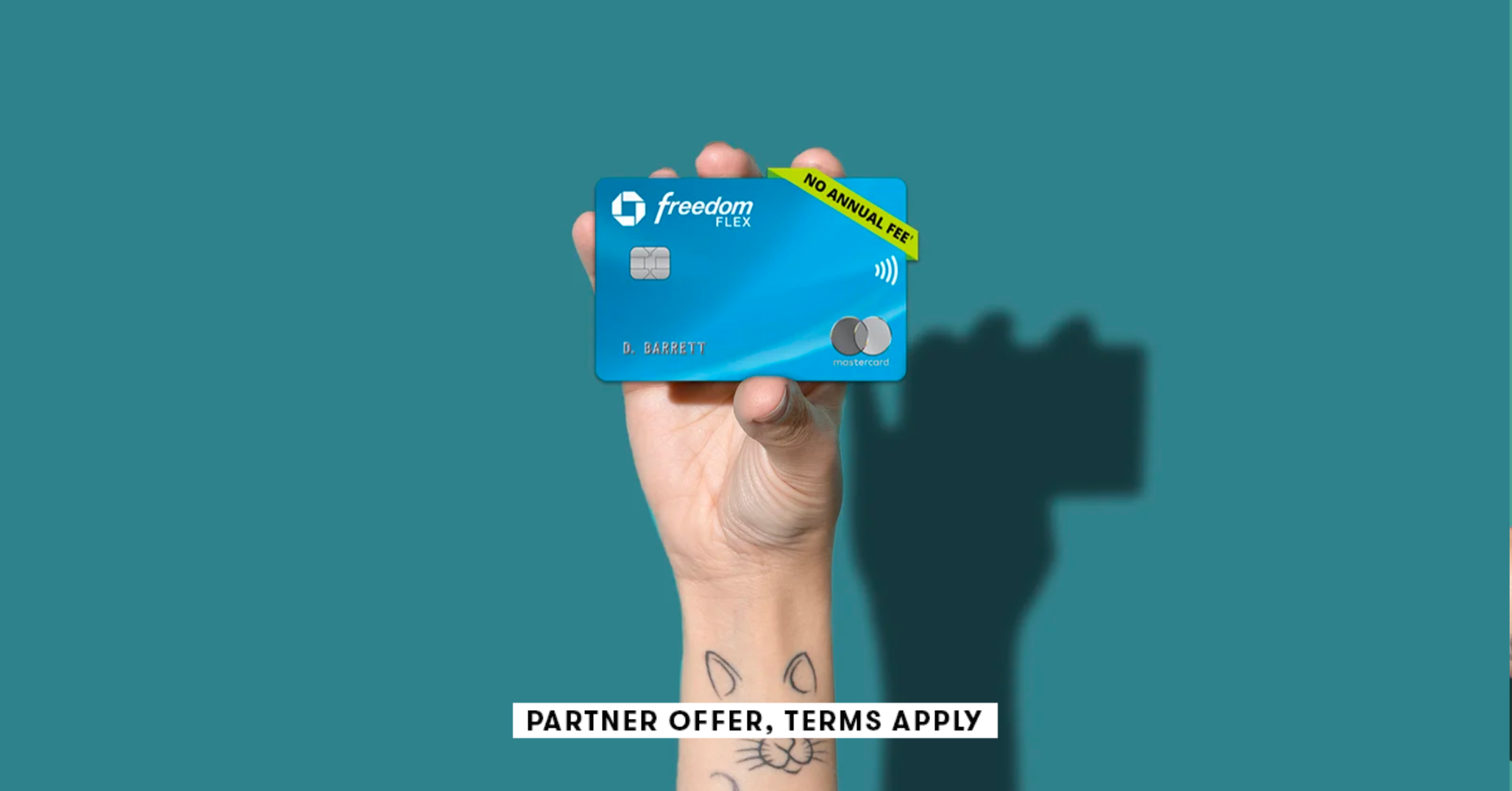
[ad_1]
Your credit score plays a big role in your overall financial life. We at TPG emphasize maintaining a high score, partly so that you can be approved for the best credit cards. Generally speaking, a credit score of 750+ will grant you approval for almost any credit card on the market. However, you don’t have to have excellent credit to be approved for a good rewards credit card.
Two common cards for beginners are the Chase Freedom Flex and Chase Freedom Unlimited. Both are no-annual-fee credit cards that earn cash back — but that cash back can be converted to Ultimate Rewards points when you also have a Chase Sapphire Preferred Card, Chase Sapphire Reserve or Ink Business Preferred Credit Card. to take advantage of the Chase Trifecta. This essentially helps maximize card spending across categories for maximum redemption value.
Related: What is a good credit score?
What credit score do you need to get the Chase Freedom Flex and Freedom Unlimited cards?
Although these two cards charge no annual fee and are considered entry-level cards, you’ll still want to have good credit to apply. However, this doesn’t mean you need to have a score of over 750 to apply. In fact, there have been anecdotal reports of scores in the low- to mid-600s being accepted for both cards.
Your credit score is definitely important, and you should strive to improve it whenever possible by practicing responsible credit habits. But you shouldn’t let a score in the mid-to-high 600s stop you from applying for a card you really want, especially if you have proven yourself to be a trustworthy customer in other ways.
Related: Travel rewards strategies for people with low credit scores
How to check your credit score
You should never pay to check for your credit score as there are plenty of options to check it reliably for free.
Three credit reporting agencies compile a credit score, but all three scores may not be the same. The two most common metrics for credit card approvals are Experian’s FICO score and TransUnion’s VantageScore. You can request your full credit report for free once per year from each of the three bureaus (Experian, TransUnion and Equifax).
American Express, Discover, USAA and Wells Fargo all allow you to check your Experian FICO score. Amex, Bank of America, Barclays, Capital One, Chase and U.S. Bank all allow you to check your TransUnion VantageScore as well. You can also use a few third-party sites, such as Credit Karma.

Daily Newsletter
Reward your inbox with the TPG Daily newsletter
Join over 700,000 readers for breaking news, in-depth guides and exclusive deals from TPG’s experts
Factors that go into your credit score
While each consumer credit bureau calculates your score a little differently, a few general factors influence your score, no matter the agency.
- Payment history — This makes up the largest portion of your score for FICO scores, but all three bureaus will look at your payment history. Creditors want to know that you are a low-risk borrower, which means proving you will pay your bills on time.
- Debt-to-credit ratio — Essentially, this reflects how much of your credit line you use across accounts. A good rule of thumb is to try and keep this ratio below 30% for a high credit score.
- Age of accounts — The longer your credit history, the better — which is why we generally encourage downgrading cards you no longer use to no-annual-fee versions rather than canceling.
- New credit — If you’ve recently opened multiple credit accounts, it could negatively impact your score because it can indicate potential financial distress to creditors. This doesn’t mean you should be wary of opening new accounts altogether, but timing is something to consider.
- Credit mix — Creditors want to see that you have a mix of credit accounts, including mortgages, car loans and more. Don’t take out loans you don’t need to give yourself a more varied mix, but remember that a well-managed car loan or mortgage could mean a higher credit score.
Related: 8 biggest factors that impact your credit score
What happens if you get rejected?
Getting rejected for a credit card can be a bummer but it’s not the end of the world. In fact, many TPGers have been rejected for at least one credit card in their lifetime. TPG contributor Ethan Steinberg has actually been rejected for 12 different credit cards and still has a score of about 780.
Overall, being rejected for a credit card shouldn’t do any long-term damage to your account. While the “hard inquiry” of the application may ding your credit score a few points, your score should bounce back after a while. You won’t want to try and reapply for the same card immediately, but you can try again after three to six months.
If you do get rejected, there is a possibility to get the decision reversed. You can call the bank’s reconsideration line to ask for an appeal (make sure you know what reason the bank gave for the rejection before you call). If you explain why you want/need the card and how you plan to use it, an agent may decide to approve you. While there’s no guarantee that you’ll be successful, it doesn’t hurt to (nicely) ask.
Related reading: How bad is it to get denied for a credit card?
Bottom line
The Chase Freedom Flex and Chase Freedom Unlimited are excellent credit cards, whether you’re a beginner or a points-and-miles veteran. Hopefully, this guide has given you a baseline for what credit score you should strive for when applying for these cards, but remember that there is no hard-and-fast rule for what score is required to be approved.
Apply here: Chase Freedom Flex
Apply here: Chase Freedom Unlimited
[ad_2]






